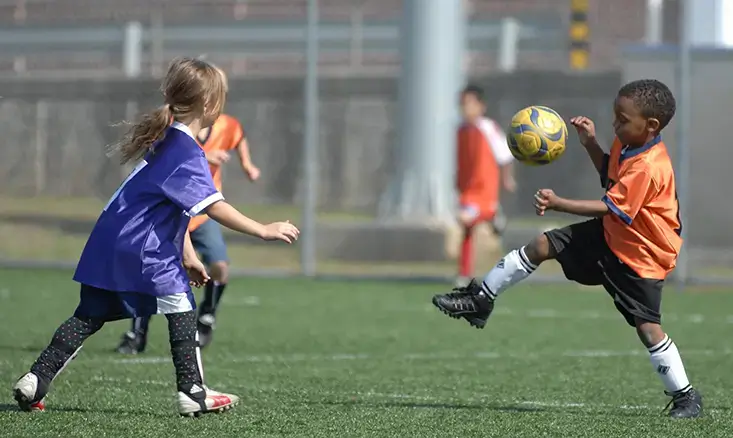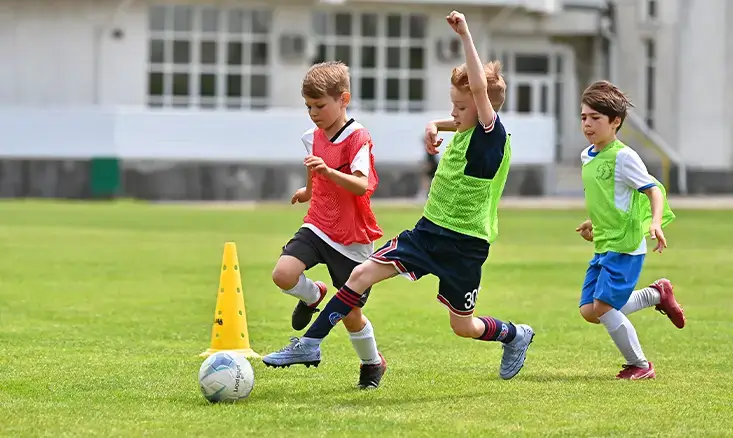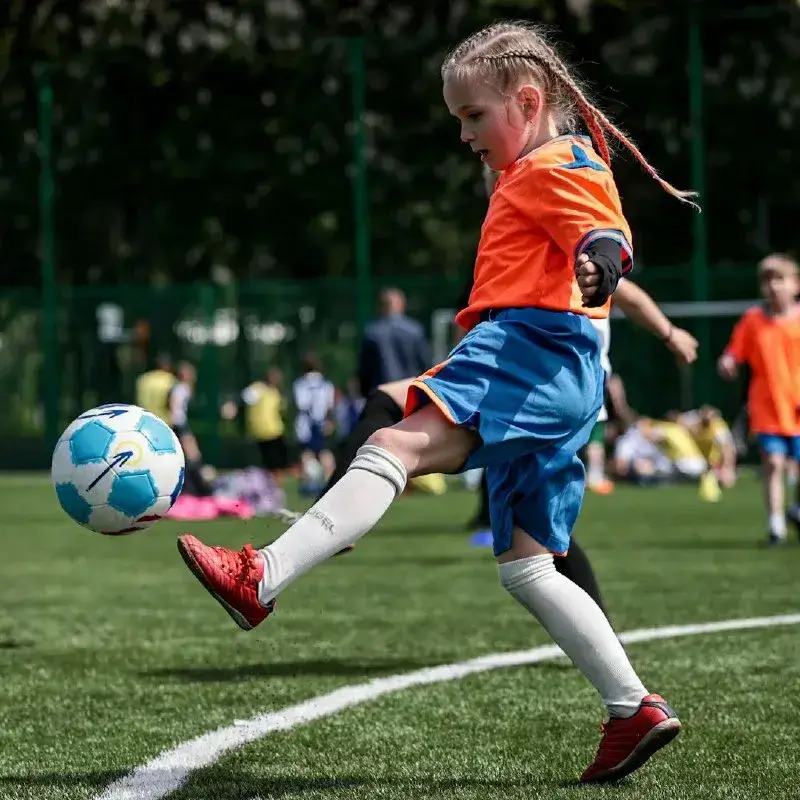CRFC BLOGS
LATEST BLOGS & NEWSLETTERS
A Complete Guide to Youth Soccer Clock Rules
Understanding Youth Soccer Clock Rules
It’s important to understand the Youth Soccer Clock Rules. They define how long a match lasts, how the clock is managed, and whether or not time is added for injuries or substitutions. The rules vary based on the age group of the players to ensure that the game is fair and fun for everyone involved.
The Youth Soccer Game Clock Rules ensure players of different ages are playing for the right amount of time. Younger kids need shorter games to stay focused and have fun without getting too tired. As players get older and more experienced, they can play longer matches. These clock rules also ensure that games stay organized, with clear guidelines for how much time is left in each match.
Understanding the Youth Soccer Clock helps players learn time management, develop stamina, and respect the game’s structure. It also helps coaches and parents ensure that the young players aren’t overworked during matches.

Youth Soccer Game Clock Rules by Age Group
Now that we’ve explained why the Youth Soccer Clock Rules are essential, let’s break down the specifics for different age groups.
U5 to U8 Age Groups: Short and Fun Games
In the youngest age groups, like U5 to U8, the focus is on making the game fun and easy to understand.
Game Duration
Typically, matches are divided into four 10-minute quarters or two 20-minute halves. This allows for a bit of flexibility based on the league or event.
Breaks
There’s usually a 5-minute break at halftime and 2-minute breaks between the quarters.
Stoppage Time
At this age level, there’s generally no stoppage time. If the game needs to be stopped for something like an injury or substitution, the clock pauses but no extra time is added.

U9 to U12 Age Groups: Getting More Competitive
As kids get older and move into the U9 to U12 age groups, the games start getting a bit longer and more competitive.
Game Duration
For these age groups, matches are typically two 25-minute halves. In some leagues, the game might still be divided into four 12-minute quarters, but this is less common.
Breaks
There’s a 10-minute halftime break where players can rest and get ready for the second half.
Stoppage Time
Referees can stop the clock if needed, for example, when there’s an injury or a major delay. However, there’s no official stoppage time added at the end of the game.
High School Youth Soccer Clock Rules
When players reach high school, the high school Youth Soccer Clock Rules are a bit more structured, though they can vary depending on the region or league.
Game Duration
Most high school games consist of two 40-minute halves, though the specific timing can vary depending on your location.
Breaks
There’s usually a 10-minute halftime break, giving players enough time to rest and talk strategy with their coaches.
Stoppage Time
This is where things can get tricky. In some regions, high school Youth Soccer Clock Rules include stoppage time if there’s a lot of time wasted during the game. However, this isn’t always the case, and the rules can vary depending on the specific high school league or state.
Conclusion
Youth Soccer Clock Rules define how long youth soccer matches last, how the clock is managed, and whether time is added for stoppages. These rules vary by age group to ensure fair and fun play for all young athletes.
FAQs
What happens when the Youth soccer game clock runs out?
When the Youth Soccer Game Clock runs out, the game ends, unless the ball is in the middle of a goal-scoring chance. The referee may allow the final play to finish before ending the game.
Does youth soccer add stoppage time like in professional matches?
No, most youth soccer matches do not add stoppage time. The referee can stop the clock for significant delays, but the match typically ends when the scheduled time runs out.
Can a youth soccer game end in a tie?
Yes, in most youth soccer leagues, games can end in a tie unless it’s a tournament or knockout stage, where extra time or penalties might be used to decide a winner.
How long are youth soccer games for younger players?
For younger players (U5 to U8), matches are typically 40 minutes long, divided into four 10-minute quarters or two 20-minute halves.
Does the clock stop for injuries in youth soccer?
Yes, referees can stop the clock for injuries or other significant delays, but in most cases, no extra time is added at the end of the game.

Did you find this useful?


